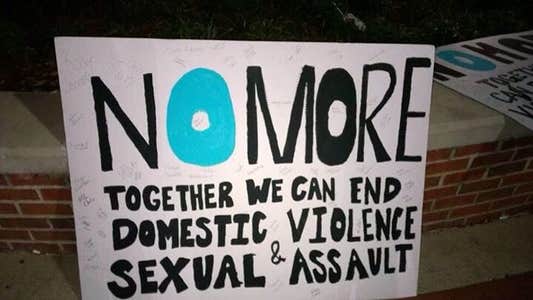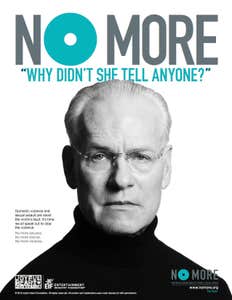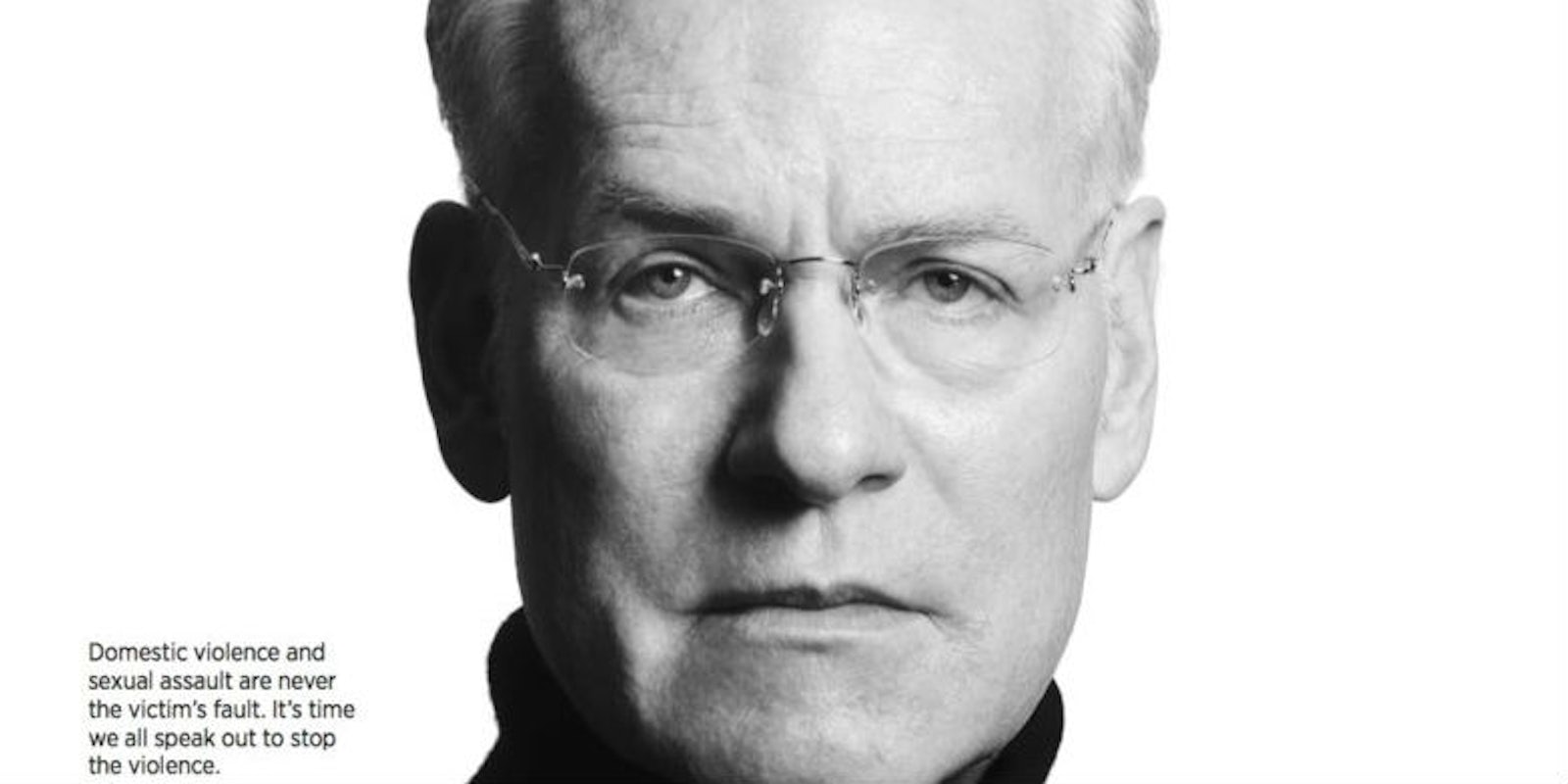Opinion
It’s tempting to believe that violence and abuse—be it verbal, emotional, economic, sexual or physical—are issues that do not affect us; particularly if you have never experienced them personally. But that could not be further from the truth. Domestic violence and sexual assault affect us all.
With one in three women experiencing some form of domestic violence in their lives and one in six men being sexually abused before the age of 18, even if you have never been a victim, someone you know and love has. These are our friends, our co-workers, and our relatives.
And even though so many of us experience these crimes, too often, domestic violence and sexual assault remain in the shadows. We just don’t talk about them, and when we do, all too often the survivor is blamed. Survivors are left trapped with the shame, pain, and turmoil caused by these hidden issues.
In March 2013, President Obama signed the Violence Against Women Act (VAWA) into law, formalizing help for millions of survivors of domestic violence and sexual assault. However, with every new administration, there is always the possibility that these protections will be lost. Now more than ever, it is vitally important that we do more to help those suffering from these crimes. And changing attitudes and behaviors is a critical first step for our country.
I am proud to be one of the many advocates standing behind the groundbreaking domestic violence and sexual assault awareness platform called NO MORE. The NO MORE symbol is an emblem—like the pink ribbon for breast cancer and the red ribbon for AIDS—that can reduce the stigma and shame surrounding domestic violence and sexual assault by bringing them into the light. The more people using the symbol, sharing it, and seeing it in the news when domestic violence and sexual assault are discussed, the closer we get as a society to dramatically changing the ways these issues are perceived and the ways survivors (and abusers) are treated.

By creating a symbol for domestic violence and sexual assault, we want people everywhere to understand that, like other historic issues our culture has rallied behind—marriage equality, gun violence and civil rights—domestic violence and sexual assault are pervasive, urgent, and deserve our attention. Through this effort, there is hope that we will move people from awareness to action, and generate the resources, funds, and support needed to educate more communities and prevent abuse.
This week, March 5-11, 2017, is the fourth annual NO MORE Week. Thousands of advocates across the country—and around the world—are working to end these issues, and now during this global week of activation and awareness, we’re asking you to join in. Nearly every organization that is combatting domestic violence and sexual assault in the nation—whether they focus on serving women and girls, men and boys, college students and teenagers, immigrants and minorities, the LGBTQ or transgender communities—has come together to say NO MORE, and I urge you to do the same.

We need only scroll through our news feeds or turn on the television, to get a sense of how high the stakes are. On March 1, Texas law enforcement announced that they’re opening an investigation into Baylor University’s handling of at least 17 incidents of women who reported being sexually assaulted by 19 football players. It is a story that, tragically, is not uncommon. Brenda Tracy, an activist and survivor who was assaulted by football players as a young woman, has shared her story after 16 years of silence and has now made it her mission to change the culture of violence in our society. This week she launches a new “Set the Expectation” pledge for high school and college athletes and coaches to say NO MORE to physical and sexual violence on their teams.
NO MORE challenges the belief that you can sit on the sidelines when it comes to domestic violence and sexual assault. I believe that by using the symbol repeatedly and widely, like any powerful brand, we can convey a powerful message: We all must play a critical role in preventing assault and abuse. This NO MORE Week we are asking everyone to:
Talk. Ask your loved ones about their relationships. Break the silence around these issues and be a supportive friend. Spread the word on social media and help us reach more people than ever before.
Give. The nonprofits that are helping survivors on the frontlines remain severely underfunded and need your help. Everyone has something to give, from an old cellphone to a $10 donation to any of these groups. Your support makes a difference
And Activate. Get your co-workers, your campus, your community together and host an awareness event. Create a safe space to talk about these issues and spark change.
We are louder together. So add your voice. Visit www.nomore.org. Together, we can end domestic violence and sexual assault.
Tim Gunn is the co-host and mentor of Lifetime’s Project Runway.


